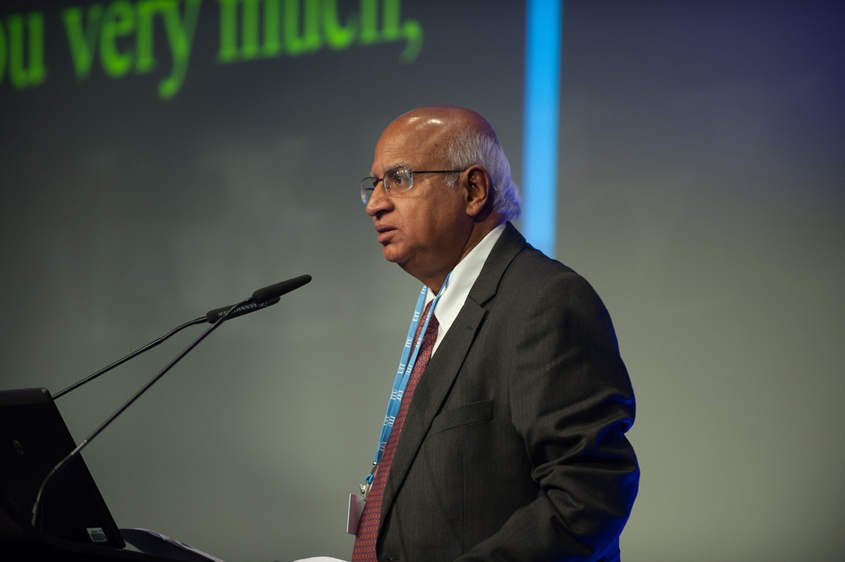Who would be the next chairman of the vast Tata empire? “A loyalist”, of course, feel many corporate governance experts. Sound acumen to navigate the huge Tata group, with over $100 billion of group’s revenues, especially in times of ongoing economic distress and in a manner permitted by the group’s business philosophy, would be a crucial trait that the selection committee would focus on while choosing the successor to the ousted Chairman, Cyrus Mistry. Speculations are rife that S. Ramadorai, ex-Vice Chairman, TCS and a veteran well versed with Tata’s business ethos could be one such probable. The disgraceful exit of Mistry about a fortnight ago proves that his leadership style has not gone down well with his predecessor, Ratan Tata, who is still the most influential voice that many still respect. “People still look at him (Ratan Tata) with awe despite the fact that (barring TCS) he does not hold significant shareholding in his own group companies” feels Raghvendra Nath, Wealth Manager with Ladderup wealth management.
Mistry, who played a small innings of about four years as chairman, was genuinely trying to improvise the return on investments by either trimming or selling the loss making verticals which he felt, was becoming a big drag on the group’s revenues. But “such creative destruction should have been handled more maturely and patiently by Mistry,” says Deepak Kapoor, a corporate lawyer at the Supreme Court. Mismanagement in some of Tata’s companies had also irked Mistry. But his haste to rectify those did not impress his own men. Barring TCS and Jaguar and Land Rover (two cash cows with Tatas), all other companies of the group are firmly in the grip of global recession and, in fact, surviving on hard-earned revenues of Tata’s profitable ventures.
While it is true that some of the business decisions taken by Ratan Tata have misfired, the course correction should have been done collectively rather than by putting previous chairman in the dock, feels many. Sales of Nano, Ratan Tata’s dream project, were dwarfed by people, souring aspirations. Similarly the acquisition of steel giant, Corus by Ratan Tata does not look as impressive as it did when Corus was acquired. The thinking at the time of acquiring Corus was that the apt technology to make value-added steel would now shift to India and with that cost advantage Tata might become a global steel magnet. But no one knew that Chinese costing would thwart those calculations. Moreover, handling of the legal entanglement of Tatas with DoCoMo also damped Tata’s brand image. Now, with the return of Ratan Tata (as an interim Chairman), that battle seems to be reaching an amicable end.
Many analysts feel that when a business empire grows successfully in a third world country and still survives quite respectably, “there would always be some skeletons in the closet.” And the task of the new person is to remove those bits of “scary past” slowly and one by one.

